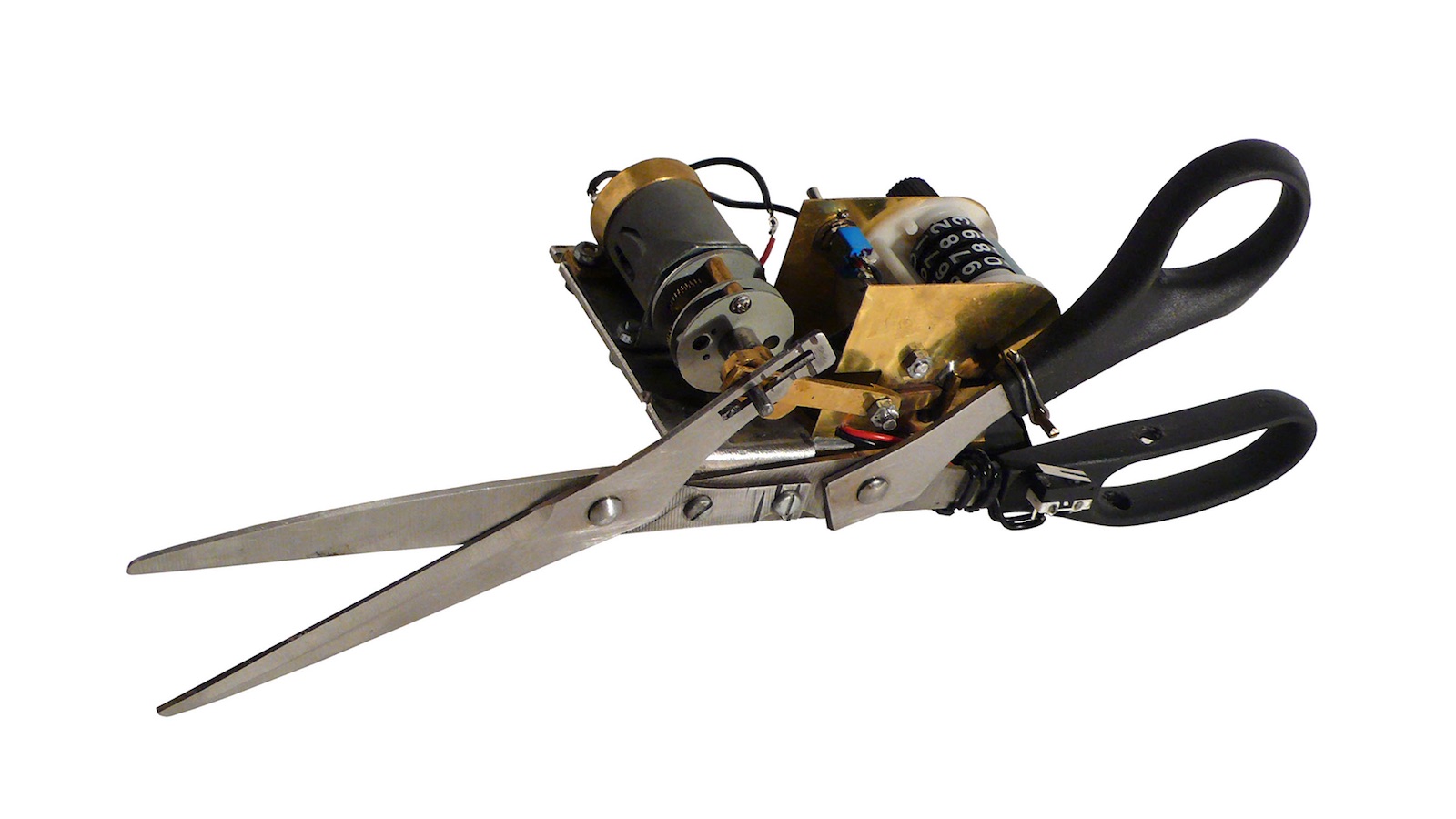Paul Chaney is a self-taught artist, learning from the elements and rural environment in which he frequently produces site-specific works through a transdisciplinary research practice.
Between 2004 and 2012 Paul developed an experimental self-sufficient farm on a two-acre plot of land in Cornwall known as FIELDCLUB. He lived at the site disconnected from conventional energy and communication infrastructures for five years while using the prism of his artistic practice to explore the principles of dark ecology – how humans and non-humans interact on the delicate interface between the technosphere and the biosphere, within the restricted realm and shared metabolisms of a limited agricultural system.
By making durational and pragmatic interventions into the systems of nature he explored in minute detail the suffering, profound loss, change, and exploitation humans impose onto nature, while in turn considering how the human is paradoxically conditioned by nature and necessarily indivisible from it. Much of his work is research-led and exists as documentation, sometimes exploring techniques or engineering concepts which appear to be of limited applicability, in order to draw our attention to the impact that one shift in the eco-system can cause to the interdependent system at large.
The FIELDCLUB farm was designed and implemented using a unique computer software tool/artwork FieldMachine co-created by the artist in 2011. Paul has used FieldMachine to imagine systemic off-grid infrastructures and post-collapse survivalist scenarios all over Europe. His largest to date has been Lizard Exit Plan (commissioned by Kestle Barton Gallery, 2014) a detailed chronological scheme to ensure the survival of the 9000 inhabitants of the Lizard Peninsular in Cornwall after an unspecified apocalyptic event. The scheme includes the transitioning of the entire agricultural system to horse power, the redistribution of the local lobster and crab yield to fed the local population, and a living willow palisade to effectively cut the peninsular off from mainland invaders.
Conceptually, the work explores what Paul calls “The Apocalyptic Vernacular”, the shared vision of a future equally embodying ecological utopian ambition and dystopian survivalist preparation. Whilst FIELDCLUB examined the long term impact of domesticating nature and the philosophical complications of co-existence, works such as Encampment Supreme reflect on the dualism between these two approaches and the unfolding politics of an approaching collapse.
His most recent work is End of the World Garden, a collaborative space for residential research exploring post-capital futures and agrarian reform.
